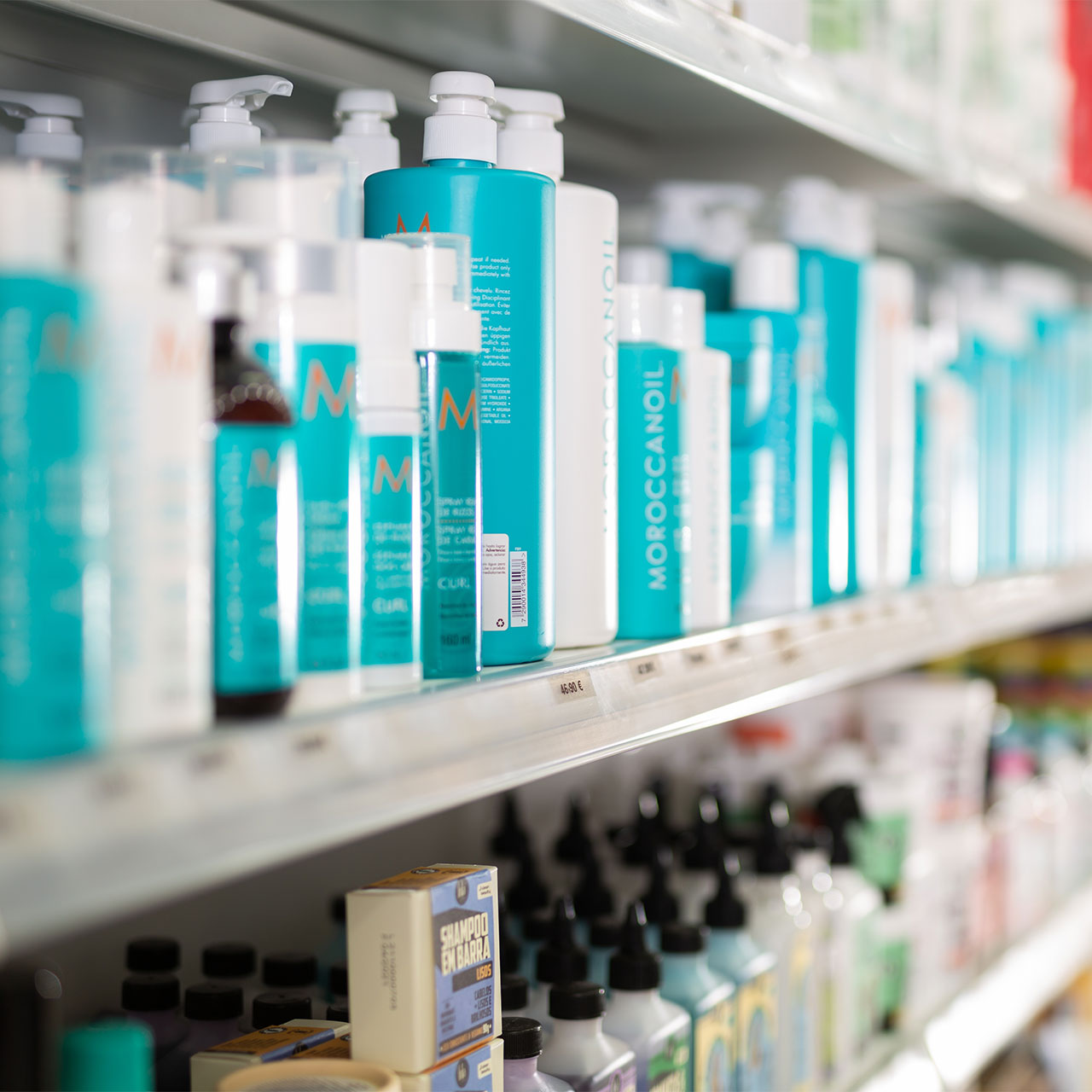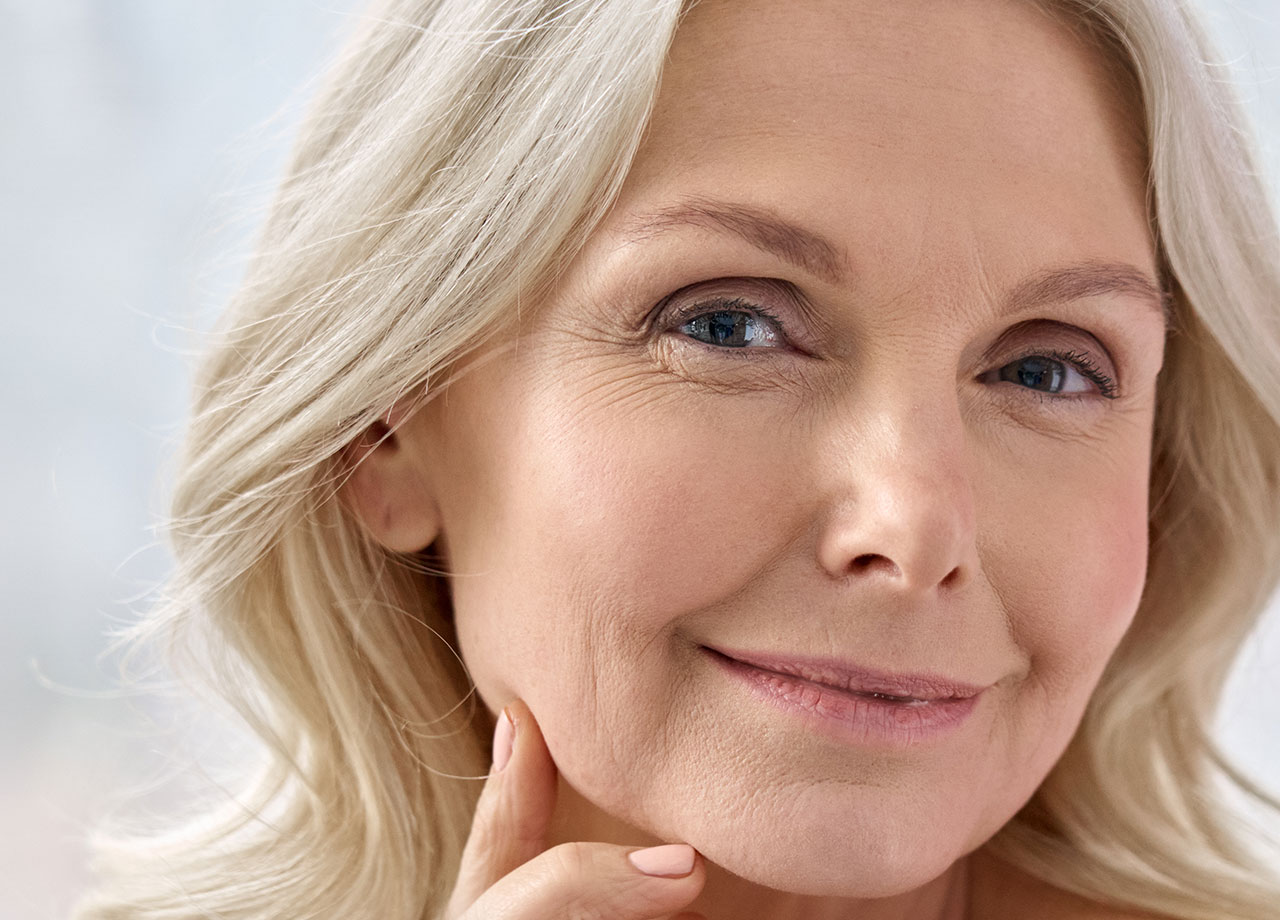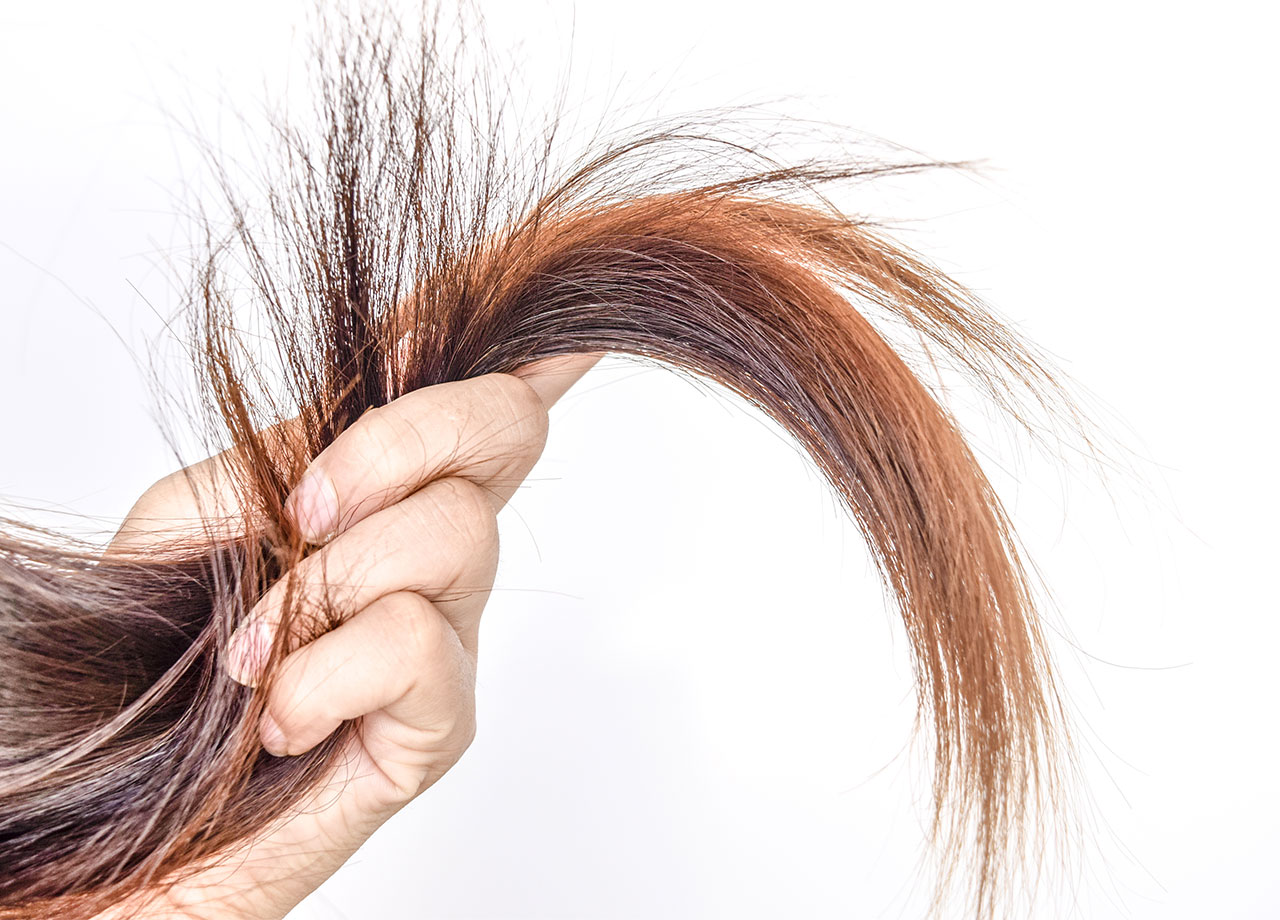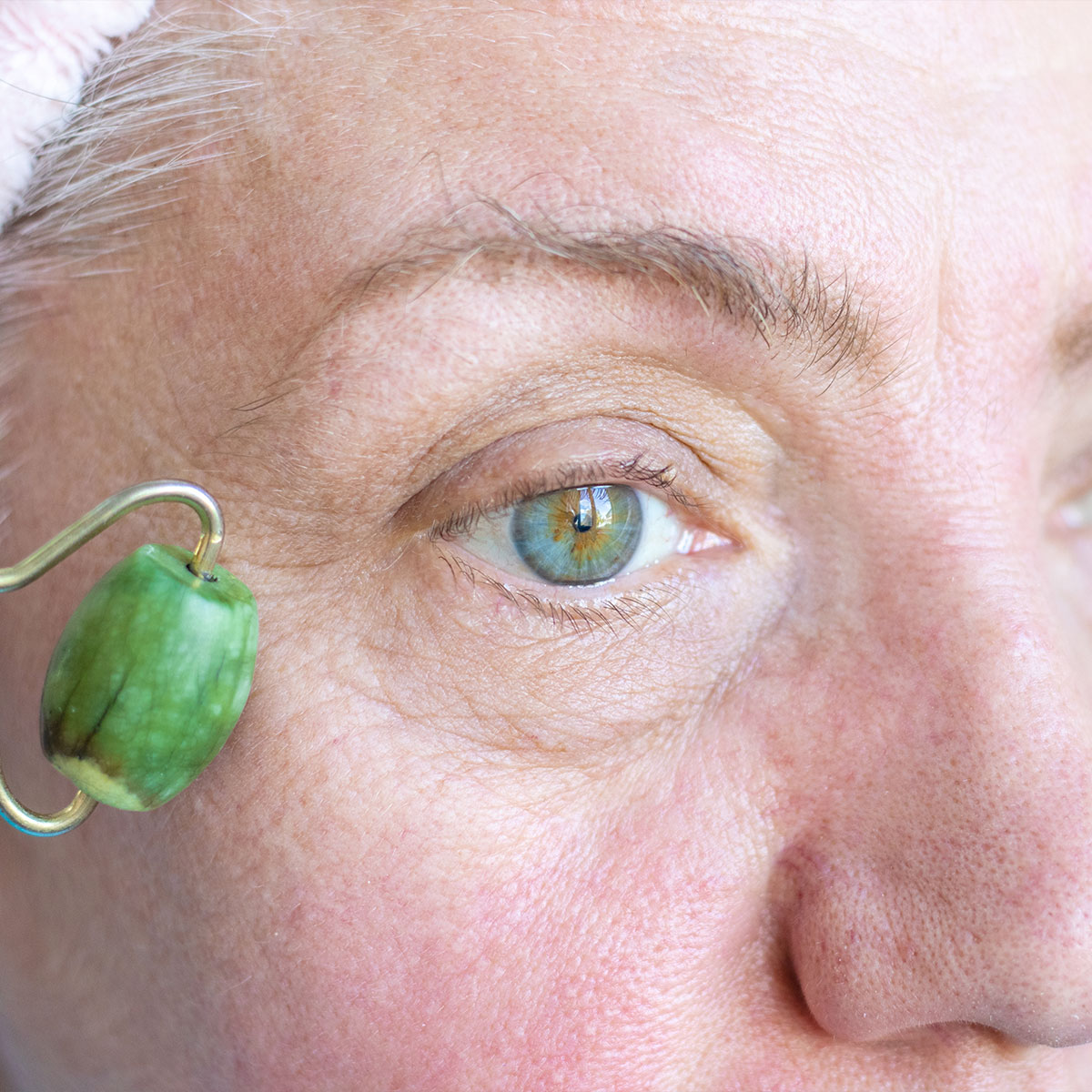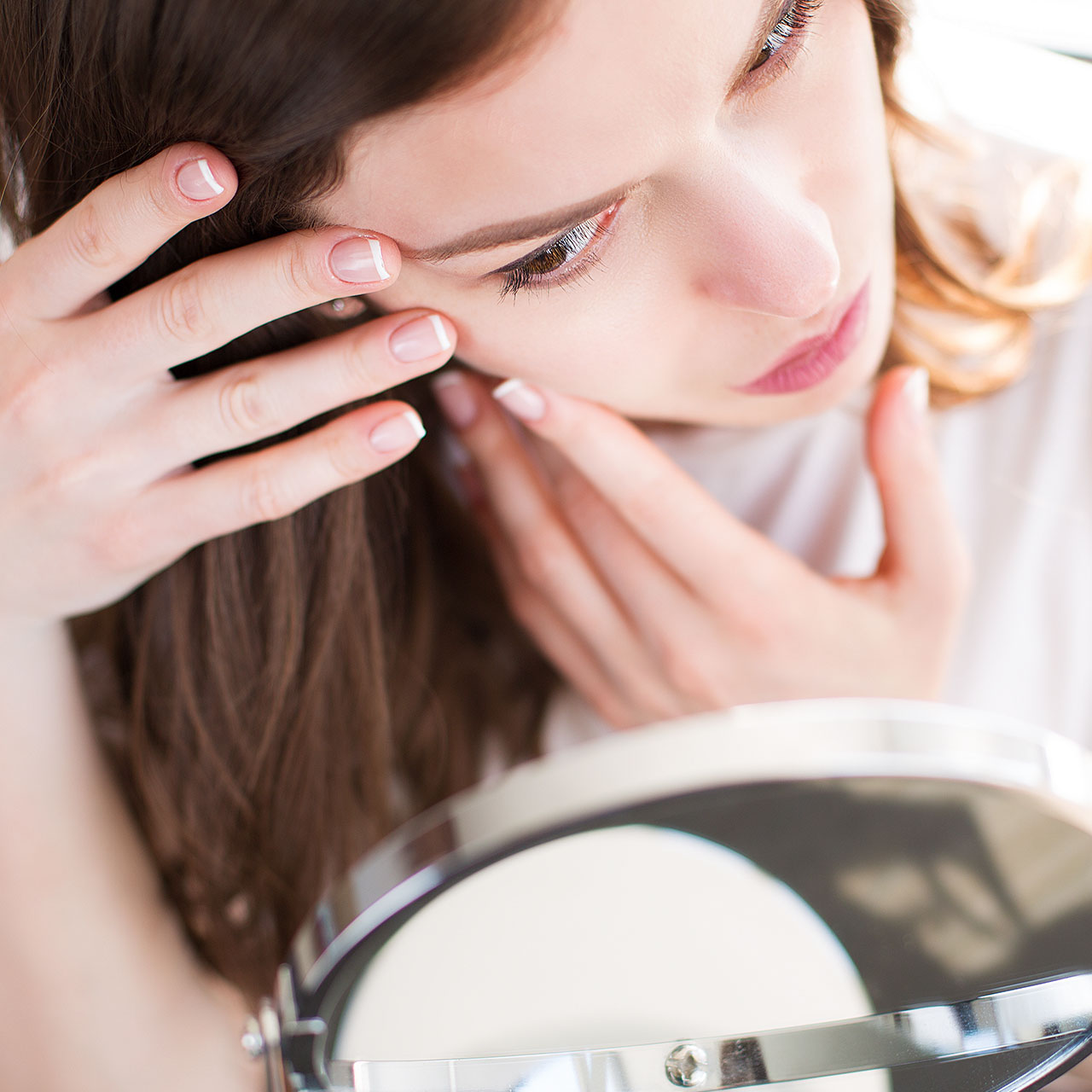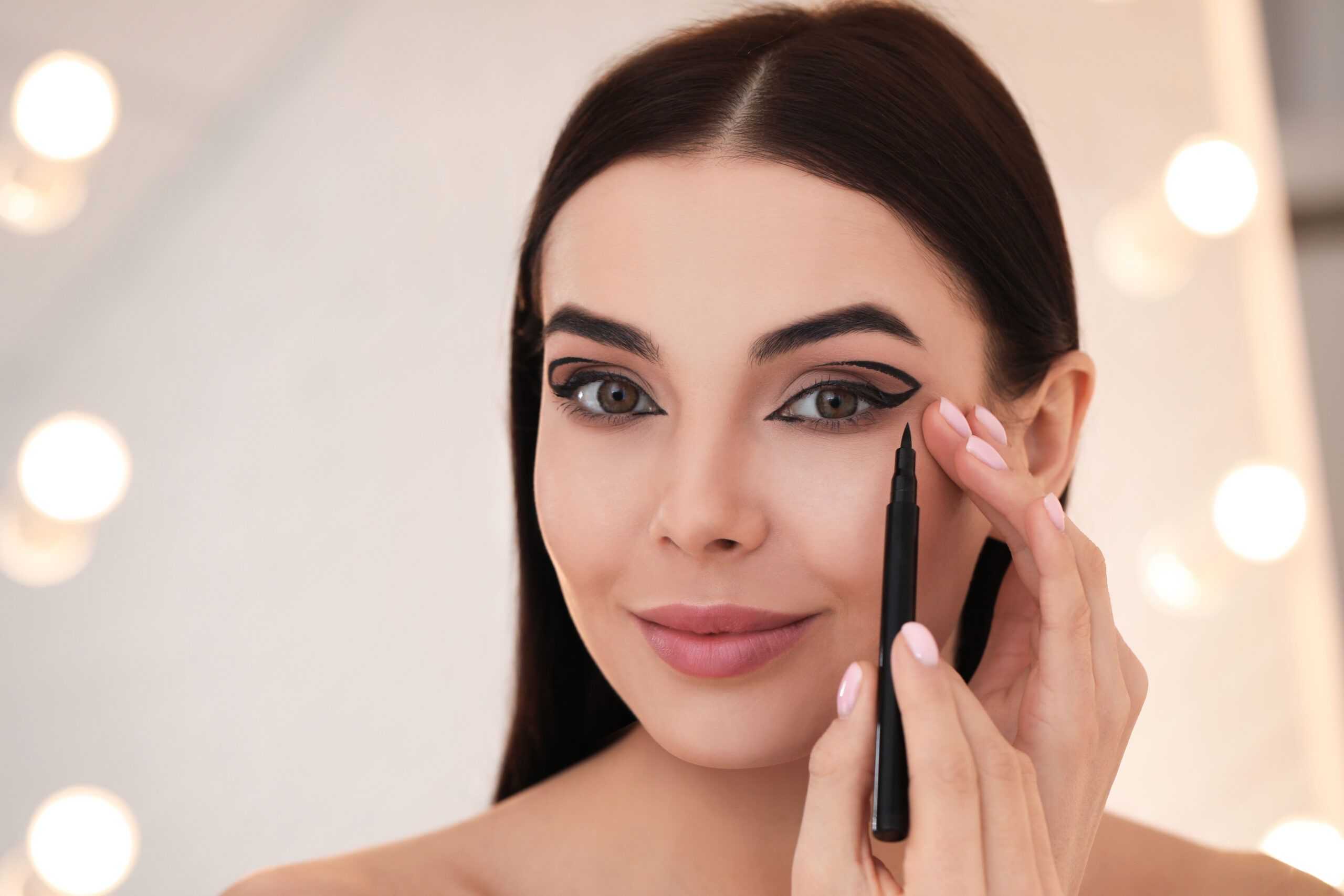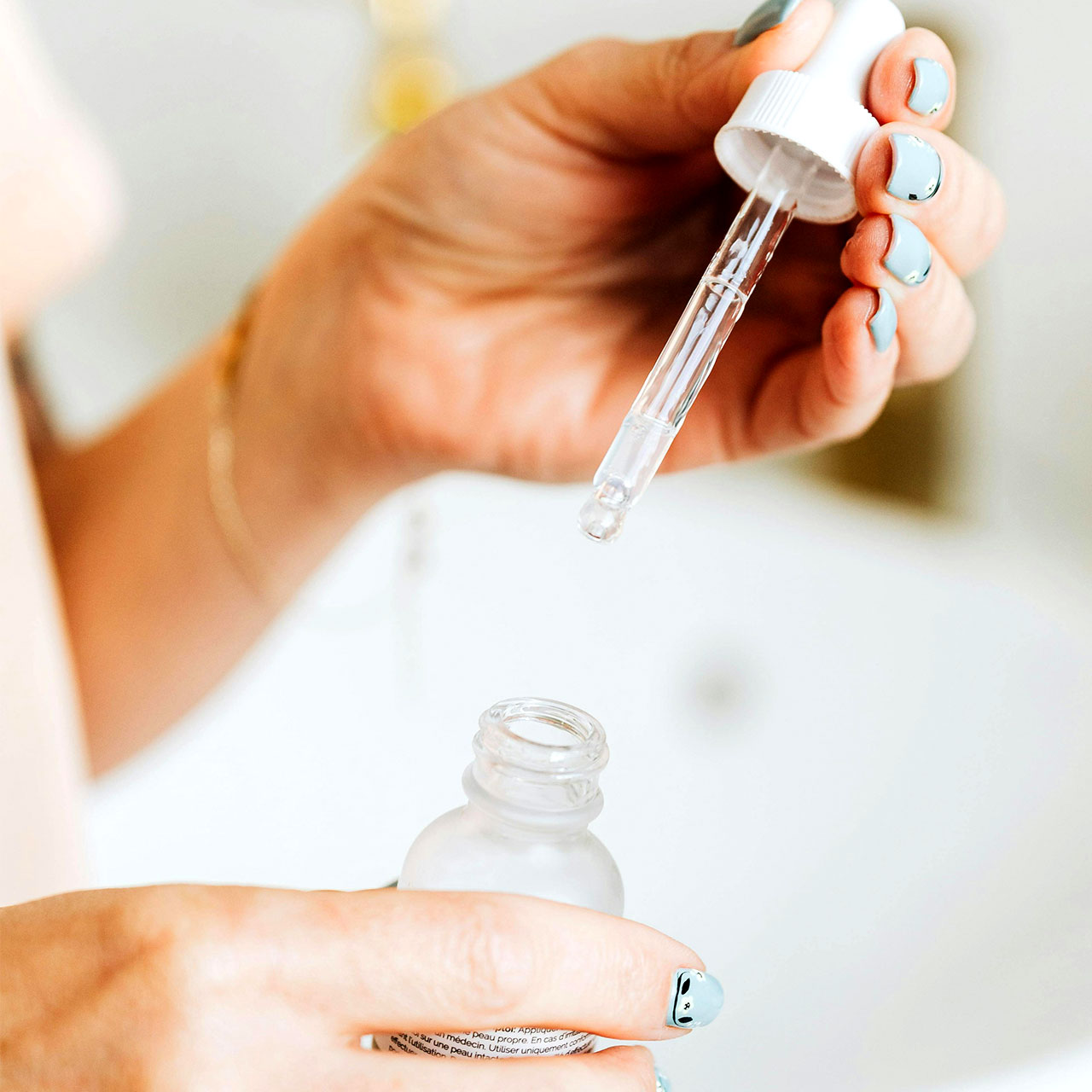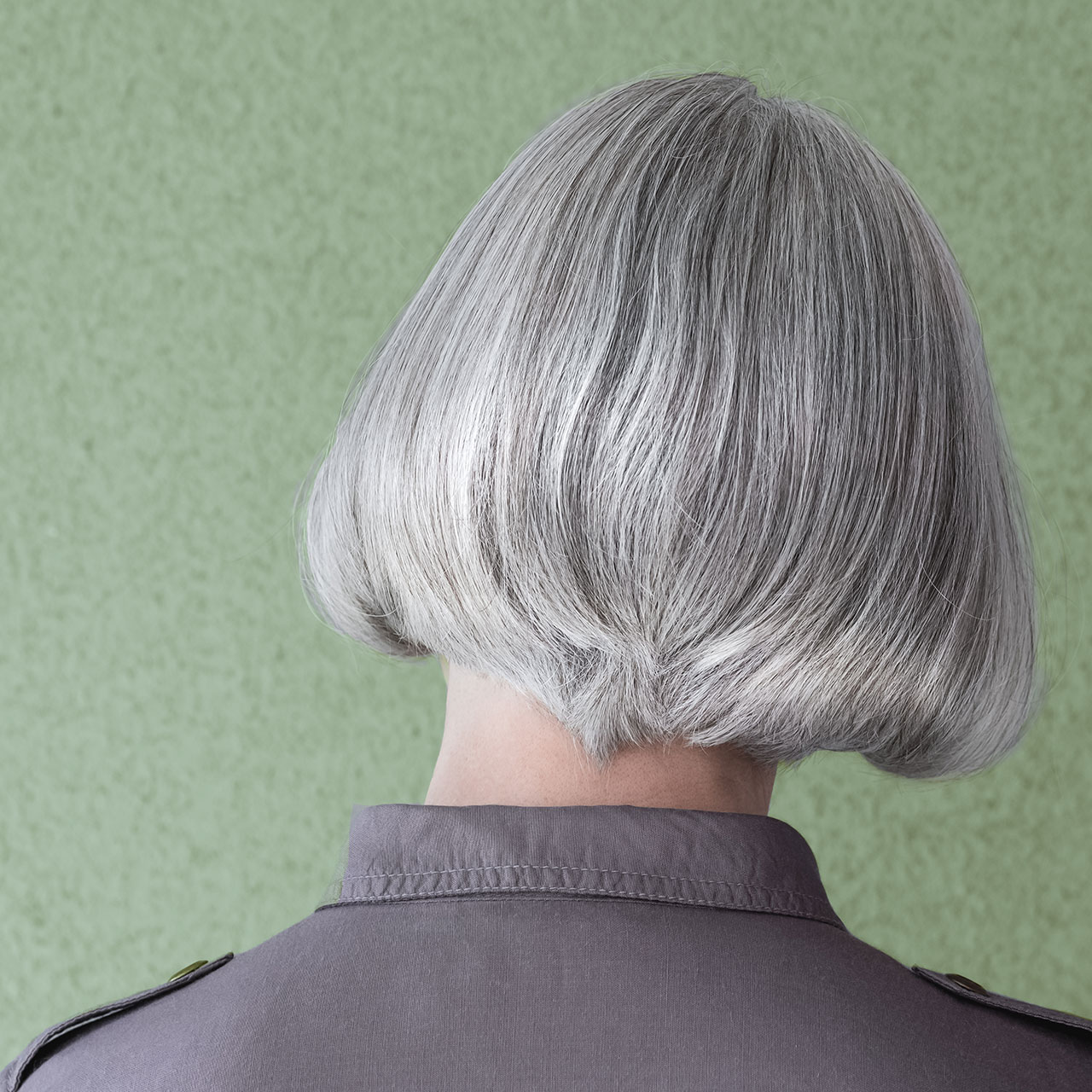This is an archived article and the information in the story may be outdated. Please check the time stamp on the story to see when it was updated last.
If you get regular facials, then you know most common side effects of a facial are redness and blotchiness. This is usually a result of the pressure of exfoliation and extractions. However, blotchy skin isn't the only thing you need to worry about when it comes to facials. There are other serious dangers behind these skincare treatments.
[Images: Shutterstock]
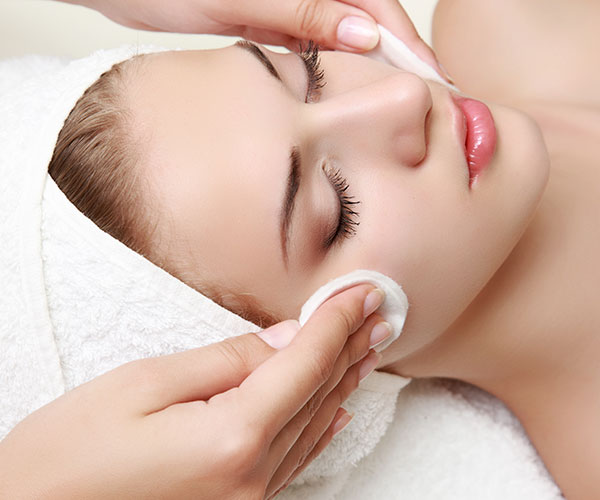
It's extremely important to make sure everything is sanitary when you are getting a facial. According to Livestrong, a technician that is unskilled or improperly trained in extractions can damage your skin to the point of making it susceptible to infection. Always make sure your technician is wearing gloves when performing extractions. Licensed aesthetician Scott-Vincent Borba told the Huffington Post, "It should look almost like you're walking into an operation when you are getting a skincare treatment."

According to the Huffington Post, an untrained or careless technician can ruin your skin. When you get a facial, not only are you susceptible to infections, but you are also trusting someone to use tools and products that can literally burn your skin off. Before getting a facial, you should always make sure that your technician is a certified skincare expert. You should double check that they are properly trained to use equipment or chemical treatments.
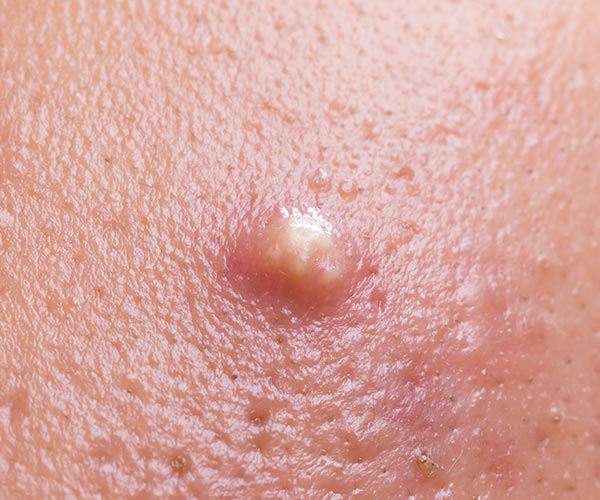
Although satisfying, extractions can also harm your skin. Harsh extractions can damage the outer layer of your skin and cause cuts and bleeding and even leave behind scars.
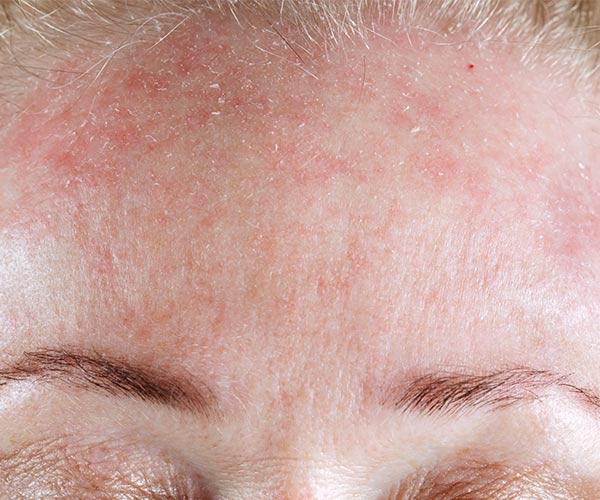
Jessica Krant, Founder of Art of Dermatology, also warns people against getting facial treatments that use strong chemicals. She told the Huffington Post that people should only get a "medium depth" chemical peel if it's prescribed, and supervised by, a dermatologist. Your skin can have an adverse reaction to these treatments, so always consult a dermatologist before getting a peel. If you have sensitive skin, you might also want to test a patch of your skin before getting the complete treatment.


